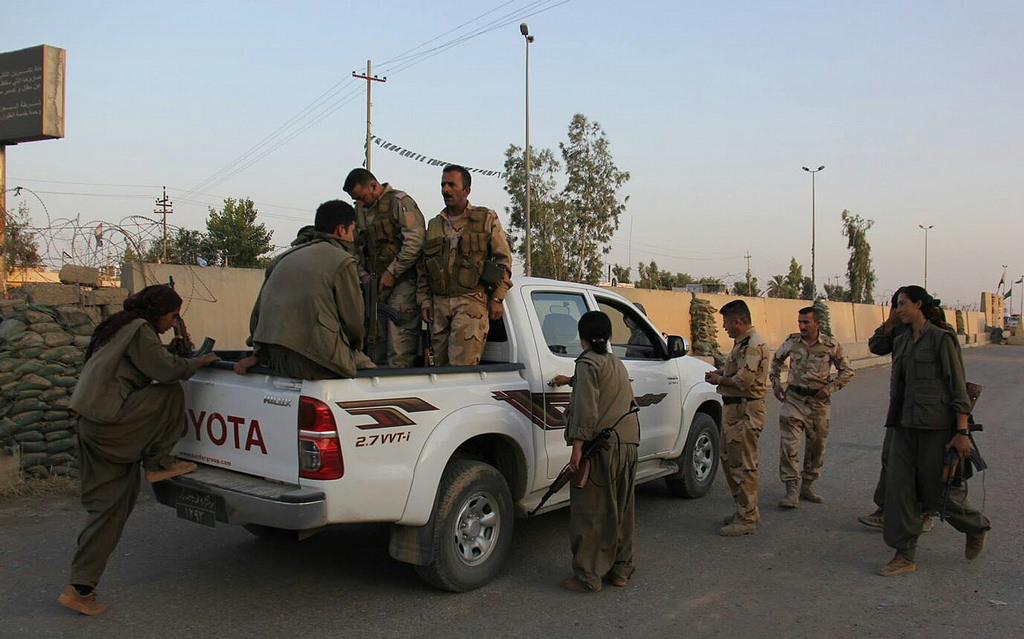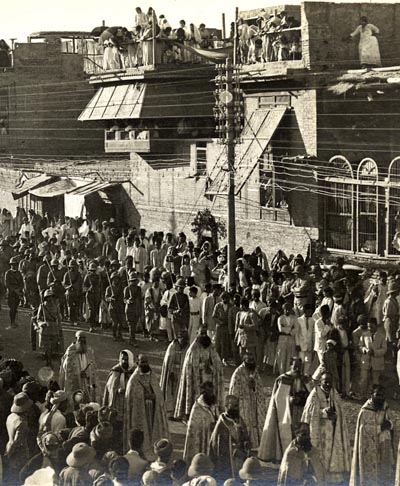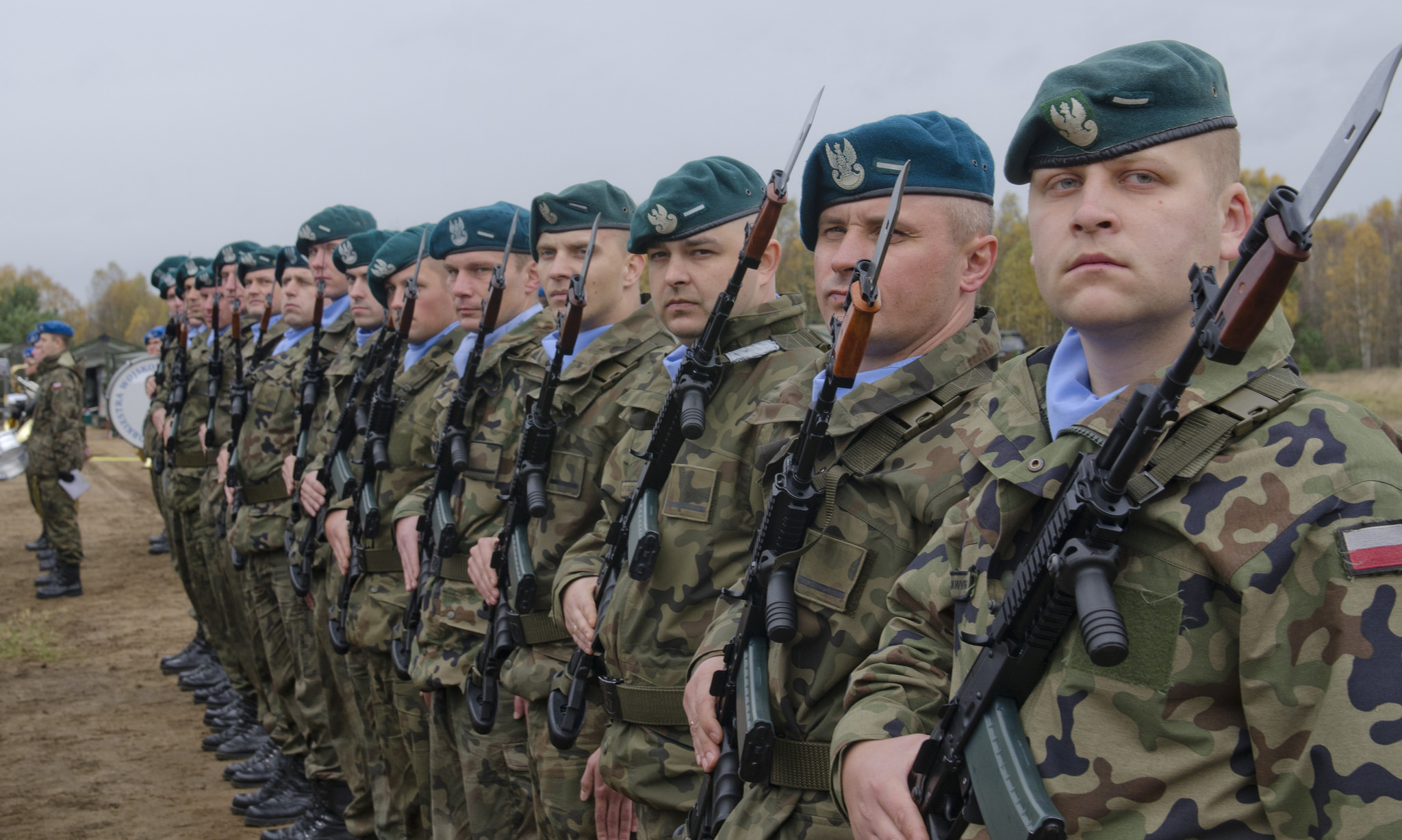Guest post by Andrew Kerner and Charles Crabtree.
Conflict scholars, policy professionals, and non-profit organizations routinely link the outbreak of violence to economics and, particularly, to economic growth. Some scholars have linked growth conditions to the outbreak of violence while others have linked violence to subsequent growth trajectories. The relationship between violence and economics—and the related debate about whether violence is better considered a consequence of “politics” or “economics”—is central to the study of violence, and therefore central to the type of recommendations researchers provide to policymakers and the INGO community.
The important questions in this area of inquiry are often empirical, and resolving them requires accurate and unbiased data. We are used to scrutinizing our measures of violence, but typically take for granted that economic data are apolitically generated. We know that these data must be measured with some degree of error but we typically assume that those errors are random, or, at least, unrelated to the conflict-related processes we use them to understand. That’s a lot to take on faith. If these data are not apolitically generated, any observed relationship between the economy and violence might in fact capture a relationship between the politics of violence and the politics of economic measurement.
In a new paper, we explore the political origins of macroeconomic (and particularly growth) data, and our findings suggest that conflict scholars should pay more attention to the political origins of macroeconomic statistics.
We make that claim based on our exploration of a new dataset that captures ex post revisions to World Development Indicators. Ex post revisions occur when newly available information changes national statistical offices’ official account of the economy. These revisions extend into the past, with each revision creating a new “vintage” of ostensibly the same data. Changes across vintages are normally subtle but other times they rewrite history (and thus, the weight of historical evidence) substantially. To illustrate, Figure 1 shows how Lesothan and Indian GDPs per capita change across vintages. If a measure of GDP were constant across revisions, the plots shown in Figure 1 would be flat across the Z-axis. That is largely the case for India, where the data stay more or less constant. Lesothan GDP per capita data, on the other hand, drops precipitously and erratically across vintages.
Figure 1: Lesothan and Indian GDPs per capita across vintages

The vintaging process creates an important record of the data production process, which we use to examine whether and how that process correlates with political attributes of interest to conflict scholars. We examine if these revisions are a) consequential to political-economy knowledge, and b) related to politics in ways that are relevant for the political violence literature. We find that they are consequential (the GDP growth-democracy relationship changes substantially depending on what vintage of data we use) and that the year-to-year variation that drives that instability is deeply political and that should raise concerns among conflict scholars. For example, in the Lesothan case referenced above, we describe in the paper that those revisions were largely the product of Lesothan relationships with the IMF and with the UK Department for International Development (DFID), which reflect among other things, Lesothan development levels, its standing within the community of international organizations, and its colonial history. All of those are related to conflict processes and their parallel relationship to growth accounting limits our ability to make non-trivial inferences about the direct relationships between growth and violence. More broadly, we show in the paper that a variety of conflict-sensitive traits—including democracy, corruption, location within Africa, and, above all else, relationship with the IMF—shape growth accounting.
The macroeconomic revisions process presents an important problem for how we understand the link between the economy and conflict. Growth estimates change across vintages, non-randomly and often substantially. Established results on the relationship between macroeconomics and conflict might be different if estimated with updated GDP data. We should as a field consider whether our core results are robust to modeling using macroeconomic indicators across different vintages. More conceptually, violence (and its cessation) rewrites domestic politics, reconceptualizes budgeting priorities, and invites outside influence in ways that can profoundly impact how economies are measured. These relationships are worth exploring in their own right, and that exploration is necessary to better makes sense of violence’s relationship to economics. To facilitate this exploration, we have released an R package available at https://github.com/cdcrabtree/revisions that provides convenient access to this data.
Andrew Kerner is an Assistant Professor in the Department of Political Science at the University of Michigan and a Faculty Associate at the Center for Political Studies. Charles Crabtree is a PhD Candidate in the Department of Political Science at the University of Michigan.






